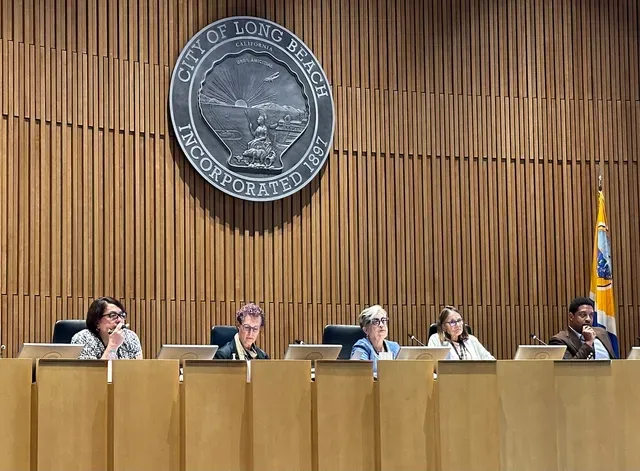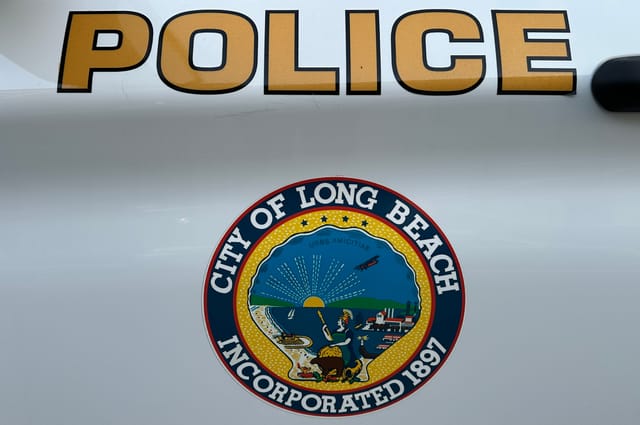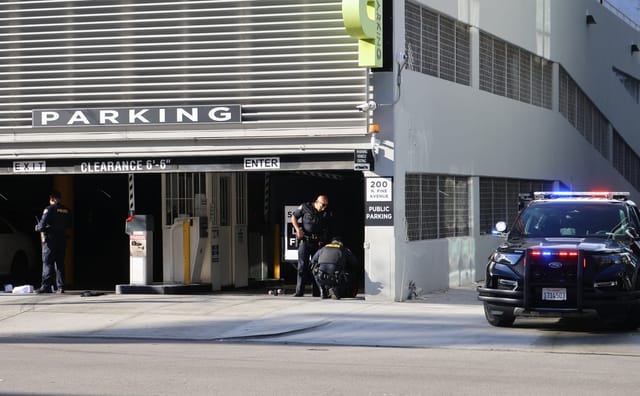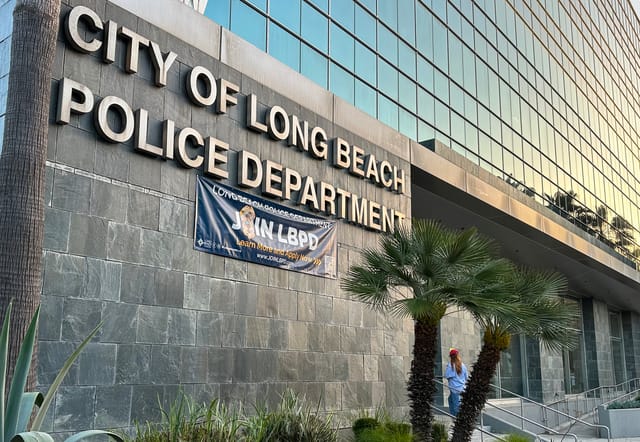Ethics Commission forwards changes to Long Beach's lobbyist law to City Council
The proposed changes would require city officials to disclose their calendars and lobbyists to provide more information more often in an attempt to shed light on who is trying to influence decision-making in the city.

After years of discussion and fine-tuning its recommendations for how Long Beach’s lobbyist law should be tweaked to increase the transparency of who is talking to city officials before decisions are made the Ethics Commission finally forwarded its ideas to the City Council Wednesday.
Commissioners have been discussing the changes since early 2022 as they sought to tighten rules for lobbyists in an effort to shed more light on who is meeting with city officials before big city decisions are made.
A draft of the proposed changes was made public last month.
While the commission tussled with whether an updated version of the law should require nonprofits to register and disclose their lobbying activities within the city it ultimately decided not to after substantial pushback from nonprofits in the city.
Instead, more responsibility could be placed on paid lobbyists, public officials and politicians to disclose who they’re meeting with. City management, the mayor, city council members and other elected officials could be required to publicly disclose their calendars as a way of cross-referencing lobbying reports.
“Disclosure of calendar information by certain city leaders will go a long way to improve transparency and build public confidence in city decision-making,” a draft of the commission’s recommendations said.
However, the City Council will have to agree to the proposed changes before the 2010 law can be changed but after Wednesday’s vote, the proposed legislation is finally in the council’s court.
The current law only applies to three types of paid lobbyists and relies on self-reporting and biannual reports published by the City Clerk’s office to give the public a view of who is trying to influence decision-makers in the city.
Since 2010, no one has been charged with violating the law, which can come with a misdemeanor penalty and see a lobbyist’s ability to work in the city temporarily revoked if they’re found in violation of the rules.
Some of the larger proposed changes would require lobbyists to register their activities with city officials after three contacts with an official in a calendar month. Under the current law, lobbyists only have to register if they eclipse an hourly threshold in a given quarter. Commissioners believe the proposal will capture more lobbying action in published reports.
The proposal also seeks to increase the frequency of reports (monthly) as well as how much information is included. Currently, reports only require the names of who a lobbyist met with and what they discussed but the commission’s proposal calls for more detail including a specific description of the project or policy discussed and what position the lobbyist takes on the issue.
The changes could also require lobbyists to turn over whatever materials they present to city officials during those meetings but the commission made an amendment Wednesday to allow for the redaction of any proprietary information that might be included in those materials.
A full list of the proposed changes to the lobbyist ordinance can be found here.

We need your support.
Subcribe to the Watchdog today.
The Long Beach Watchdog is owned by journalists, and paid for by readers like you. If independent, local reporting like the story you just read is important to you, support our work by becoming a subscriber.





